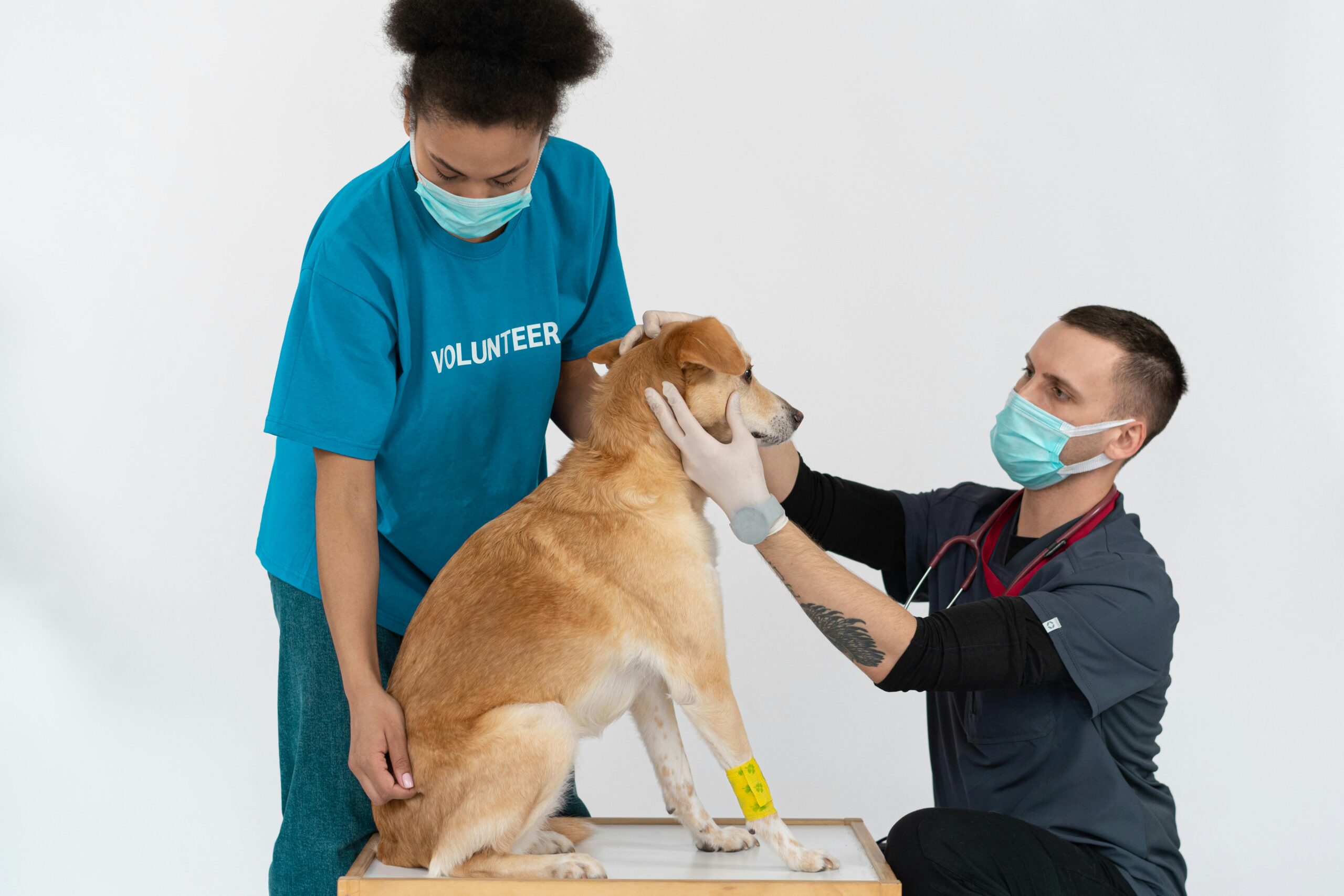The role of veterinary tech is vital in the realm of vet medicine, offering support to veterinarians in the comprehensive care of animals. With the field of veterinary technology expanding rapidly, there are numerous career paths and specializations available for those passionate about animal health and well-being. This post explores the diverse fields and opportunities for vet techs, highlighting the importance of education, credentialing, and continuous learning in this fulfilling career.
The Foundation: Education and Credentialing
Embarking on a vet tech career begins with obtaining an associate degree in veterinary technology from a program accredited by the American Veterinary Medical Association (AVMA). This foundational step equips candidates with the necessary knowledge and hands-on experience in animal care. After earning their degree, aspiring vet techs must pass the Veterinary Technician National Examination (VTNE), administered by the American Association of Veterinary State Boards, to become credentialed. Some may choose to further their education by pursuing a bachelor’s degree, opening doors to advanced positions within veterinary practice or specialized fields.
Specializations: Expanding Career Paths
The National Association of Veterinary Technicians in America (NAVTA) recognizes several areas for specialization, including but not limited to:
- Emergency and Critical Care: Vet techs in this field work in animal hospitals and emergency clinics, providing urgent care to animals in life-threatening situations.
- Dentistry: Specializing in dental care, these technicians play a critical role in maintaining animal oral health.
- Diagnostic Imaging: Techs focus on x-rays and other imaging technologies to assist in diagnosing diseases.
- Internal Medicine: In this specialization, vet techs work closely with veterinarians on cases involving internal organ systems.
- Surgical Procedures: These technicians assist in surgeries, ensuring that all equipment and procedures adhere to strict standards for animal safety and care.
- Animal Nutrition: Nutrition technicians work with pet owners and veterinarians to develop dietary plans that promote health and well-being.
- Behavior Technicians: Specializing in animal behavior, these technicians work to understand and modify behavioral issues in pets.
- Zoological Medicine: Vet techs in this field work in zoos, focusing on the care and conservation of wildlife.
Work Environments: Beyond Veterinary Clinics
While many vet techs work in veterinary clinics and animal hospitals, the career opportunities extend into various settings, including:
- Research Facilities: Contributing to the advancement of veterinary medicine through clinical trials and studies.
- Animal Shelters and Rescues: Providing care and rehabilitation for homeless animals, ensuring they are healthy and adoptable.
- Zoos and Aquariums: Specializing in exotic animal care, these technicians support the health and conservation of species.
- Educational Institutions: Teaching the next generation of vet techs or conducting research in veterinary science.
Career Growth and Opportunities
The Bureau of Labor Statistics projects a faster-than-average growth rate for vet tech jobs, driven by the increasing pet ownership and the need for specialized animal healthcare. The average salary for veterinary technicians varies, influenced by factors such as specialization, location, and experience level. Importantly, continuous education and obtaining certifications in areas of specialization (e.g., Veterinary Technician Specialist – VTS) can significantly impact one’s career trajectory and earning potential.
The Journey Ahead
A career as a vet tech offers a rewarding path for those dedicated to the care and well-being of animals. It requires a blend of passion, specialized training, and continuous learning. Whether assisting in surgical procedures, contributing to animal conservation, or engaging in clinical practice, vet techs play an indispensable role in the field of veterinary medicine. As the demand for veterinary services continues to grow, so too does the opportunity for vet techs to specialize and advance in their careers, making a meaningful difference in the lives of animals and their owners.

